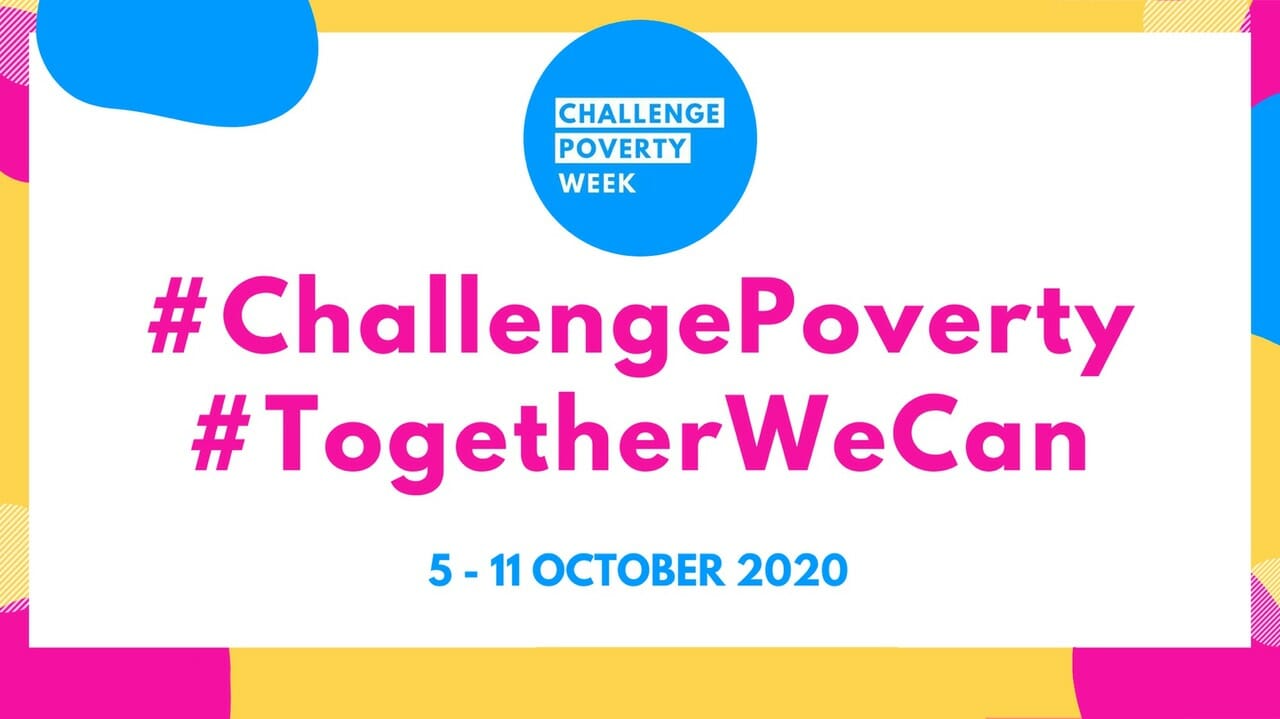As the SNP representative for Clydesdale North, I am acutely aware of the challenges many of my constituents face on a daily basis, be it financial or otherwise.
Sadly, poverty is all too prevalent in today’s society. Hundreds of thousands of people across Scotland are living in severe hardship, often through no fault of their own. Low incomes coupled with the rising cost of living mean that for many making ends meet is getting more and more difficult. And with the impact of the COVID-19 only exacerbating the problem, it’s likely that things will get worse before they get better.
One of the biggest issues I see which has a major impact on the lives of the most vulnerable in society is fuel poverty.
A household is defined as being in fuel poverty if more than ten per cent of its net income (after housing costs) is required to heat the home and pay for other fuel costs. If more than 20 per cent of net income is needed, the household is classed as being in extreme fuel poverty.
According to Energy Action Scotland (EAS), the national charity aimed at ending fuel poverty, a quarter of households in Scotland are currently in fuel poverty, with 11.3 per cent in extreme fuel poverty. These are shocking statistics.
Imagine having to choose between heating your home and putting food on your table. That’s the harsh reality that some families and individuals face; a choice between heating or eating.
Thankfully, there are charities and organisations out there doing amazing work to support those who are most in need in our communities. Charities such as Fuel Bank Foundation, which I first came across in 2017. At the time I was working with Scottish Power and Christine McKelvie MSP on setting up the Quick Credit Voucher Scheme, which offers financial support for customers struggling to pay their fuel bills.
Like the Scottish Power scheme, Fuel Bank Foundation provides emergency fuel credit to people who are in critical need because they cannot afford to top up their pre-payment meter.
However, one big difference is that Fuel Bank Foundation is an independent charity, meaning it is able to support customers of all energy suppliers, as well as working with local authorities, housing associations, local debt support charities and community groups.
Fuel Bank Foundation was already well established in England, working with the likes of MP Frank Field and Feeding Britain to set up Fuel Bank centres at its foodbanks around the country, but it was still relatively new in Scotland, with just two Fuel Banks in Glenrothes and Inverclyde. Today, I’m pleased to say it is continuing expand its reach across the country, working with a number of partners in multiple locations.
Clydesdale is a very rural part South Lanarkshire, and like much of Scotland can see harsh winters. With areas of multiple deprivation, and thousands of people claiming welfare benefits, life can be hard, and only harder if you have to choose whether to heat or eat.
Having personally experienced people asking for a foodbank referral with little or no money on their prepayment meter and who would struggle to cook the food delivered, my heart broke with sympathy and screamed with anger that such need should exist in the 21st century.
Having been introduced to Matthew Cole, Fuel Bank Foundation chair of trustees, we discussed why there was a need to open a Fuel Bank in Clydesdale. Our first Fuel Bank Centre was opened in partnership with Clydesdale Food Bank in 2019 and I’m pleased to say it has been an overwhelming success, providing much needed financial support to almost 300 people.
I say this without any exaggeration, for many people Fuel Bank Foundation is a lifeline. I have seen constituents in tears of relief on receiving support, giving them that breathing space with the lights and heating on to get the help towards a more sustainable solution. That’s the impact it has on people’s lives.
Of course, in an ideal world, we wouldn’t need charities such as the Fuel Bank Foundation.
Fuel poverty isn’t acceptable in modern society. I’m grateful that Fuel Bank is there to catch the most needy when they fall in Clydesdale, and that funders have further supported fuel crisis help through COVID. More action, however, is needed to address this problem across the country, and until this happens people will continue to rely on the charity’s support, a profound sadness alongside my relief that help is there.
To find out more about Challenge Poverty Week go to www.challengepoverty.net






